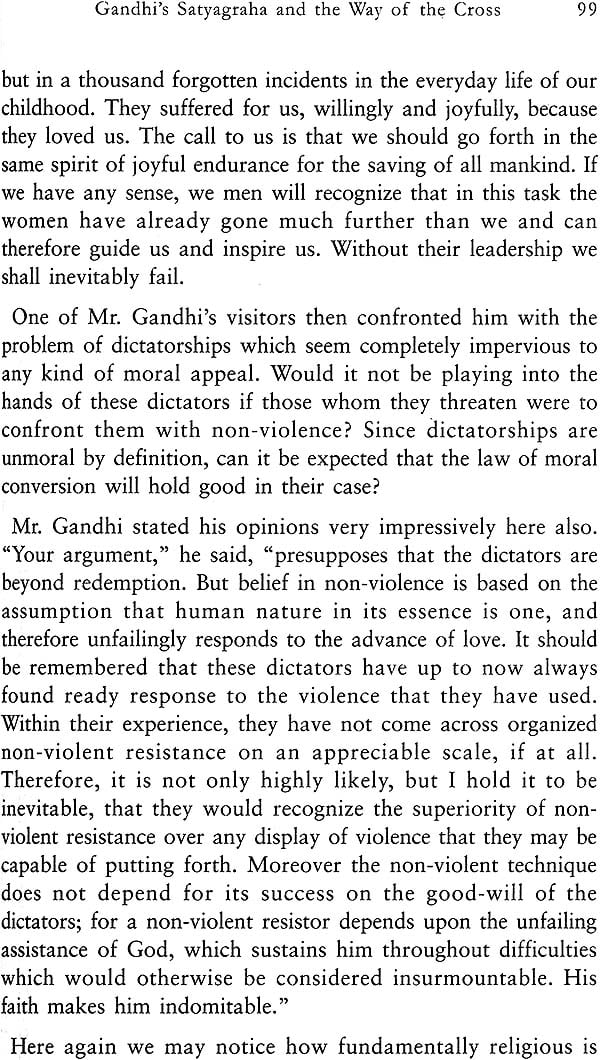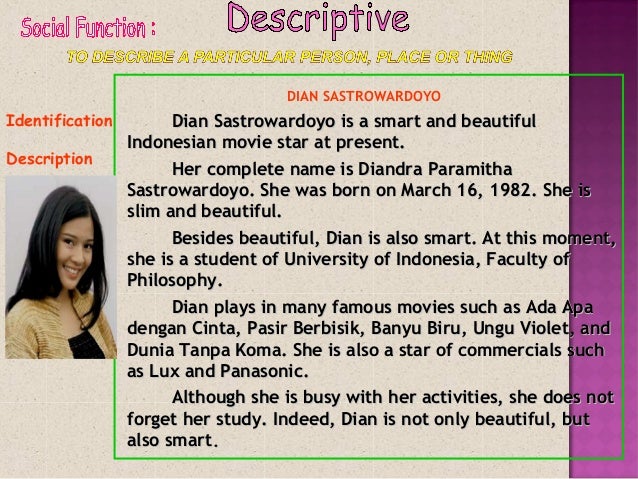
7/27/ · Mahatma Gandhi is very famous in India as “Bapu” or “Rastrapita”. The full name of him is Mohandas Karamchand Gandhi. He was a great freedom fighter who led India as a leader of the nationalism against British rule. He was born on 2 nd of October in in Porbandar, Gujarat, India 9/25/ · Paragraph On Mahatma Gandhi in English: Mohandas Karamchand Gandhi, popularly known as ‘Mahatma Gandhi’, was one of the greatest freedom fighters that the world has ever seen. It was a great honor of the country people e to have been the birthplace and workplace of Mahatma Gandhi. He was a self-sacrificing hero who rose to the occasion of freeing 1/29/ · Paragraph on Mahatma Gandhi. Paragraph. January 18, by Samprati Pandey. Mahatma Gandhi’s real name was Mohandas Karamchand Gandhi. He was also called Bapu and known as the father of the nation. He was a great freedom fighter and an Indian political leader. He was well known for his policy of truth and non-violence
Short and Long Paragraph on Mahatma Gandhi
Since the time of his arrival from South Africa, Gandhiji introduced a sense of dynamism and all-India character to the freedom movement. He associated himself with the cause of the common people like the peasants of Champaran and Khera, mill workers of Ahmedabad and fought for the protection of their interest. The enactment of the Rowlatt Act in brought Gandhi to the centre stage of national politics. Gradually, he surpassed all other national leaders, and became the undisputed leader of the All-India Congress till the Indian liberation in He was truly descriptive paragraph on gandhiji symbol of Indian nationalism.
He was unique as a man of thought and action, conviction and commitment. His moral principles and wining personality could ride out all the crisis of the National Congress. His Sabarmati Ashram became the centre of social, political and cultural activities. Being influenced by his political guru Gopal Krishna Gokliale, Gandhi started his career as a descriptive paragraph on gandhiji political leader in India. Having faith in the British sense of justice, he extended co-operation to the government during the period of First World War.
But the Rowlatt Act, the Jallianwala Bagh Massacre and Khilafat Movement shattered his faith on British Government. Descriptive paragraph on gandhiji the call to organise the Non-Cooperation Movement, he made the Congress movement a mass movement. The boycott descriptive paragraph on gandhiji foreign goods and the use of Kliadi drew the attention of the people. In response to his call, thousands of people including women came out of their homes to participate in the movement and even they did not descriptive paragraph on gandhiji of imprisonment.
The imperialistic government was alarmed. The people who first doubted the very approach of Gandhi that a small object like salt could not be an issue of a national movement, now were forced to change their views.
Thus, Gandhiji led all Congress movements in India before independence. Though none of the movements succeeded in achieving any practical results and were ruthlessly suppressed by the British Government, yet the Gandhian Movements brought India closer to its independence.
Gandhiji introduced the principles of truth and non-violence in Indian politics. His non-violence was not the submission of the weak against the powerful, but the strength of the weak and oppressed against the power of the oppressor. Without caring for the consequences, he suspended the non-cooperation movement in after the violent incident of Chauri Cliaura, descriptive paragraph on gandhiji. Such sudden withdrawal of the movement surprised the people and many leaders like Lala Lajpat Rai, Motilal Nehru, Subhash Chandra Bose etc, descriptive paragraph on gandhiji.
openly criticized his decision. But Gandhi was a man of strong conviction. As a pragmatic leader, he realized that Indians could not match with the British Government which was empowered with military and police force. It would be quite easy on the part of the government to crush ruthlessly all violent activities.
For the realization of noble goals, he wanted that the means also should be noble. Thus, Gandhiji became a role model, not only for Indians, even for the oppressed class of the whole world. Mahatma Gandhi put emphasis on Hindu-Muslim unity and co-operation, descriptive paragraph on gandhiji. He urged the Hindus to support the Khilafat Movement through which both communities could be brought together to a common platform.
He was criticized for introducing religious issue like Kliilafat into the national movement which ultimately brought religious fanaticism into Indian Politics. But with this approach, he was able to arouse a tremendous national awakening. The vitality and vigour of the movement could be further strengthened. The British Government encouraged communalism to the maximum extent by giving support to the Muslim League.
With the British support, the League demanded a separate homeland for Muslims on the soil of India. When no compromise between the Congress and the League could be possible, partition of India became inevitable before the grant of freedom. Partition and the liberation of India did not please him, descriptive paragraph on gandhiji. Instead of taking part in the celebration of independence, Gandhiji walked from one village to another in the communal riot affected areas.
He even asked the government of independent India to pay 55 crores of rupees to Pakistan by way of division of assets. He lost his life for the sake of Hindu-Muslim co-operation.
Throughout his life he had entertained secular spirit. The role of Gandhiji in the freedom movement of India was unique. He could initiate a powerful movement of unarmed Indian mass against the mighty British Government. Of course, many of his ideas have been discredited by a section of the people.
His success concerning Indian independence has also been questioned. Yet his contribution to Indian national and descriptive paragraph on gandhiji life cannot be questioned.
He was a nationalist, social reformer, a roll model, a fighter, descriptive paragraph on gandhiji, and a pragmatic person who could realize the essence of Indian life. He brought Indian women out of their seclusion and they could take part in the freedom movement along with the men. He raised voice against the oppression of untouchables. This politician among saints and a saint among politicians, contributed massively to Indian national life in general and freedom movement in particular.
Write a short essay on Mahatma Gandhi - Essay Writing - English
, time: 8:01Mahatma Gandhi Descriptive Essay Free Essays

Since the time of his arrival from South Africa, Gandhiji introduced a sense of dynamism and all-India character to the freedom movement. He developed the technique of ‘Satyagraha’ based on truth and non-violence in fighting against the powerful British Government 7/25/ · Mahatma Gandhi’s philosophy of non-violence is probably his most important contribution. This philosophy of non-violence is known as Ahimsa. Most noteworthy, Gandhiji’s aim was to seek independence without violence. He decided to quit the Non-cooperation movement after the 9/25/ · 5 lines on Mahatma Gandhi – 70 Words Mahatma Gandhi Ji is mostly known as “The Father of the Nation and Bapu” for his incredible contribution. In the Indian history, he was a great man who transformed the dream of freedom of Indians into reality. Even
No comments:
Post a Comment